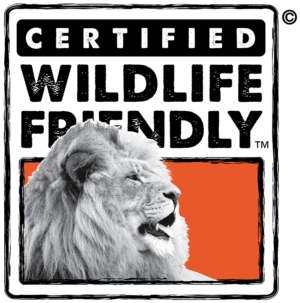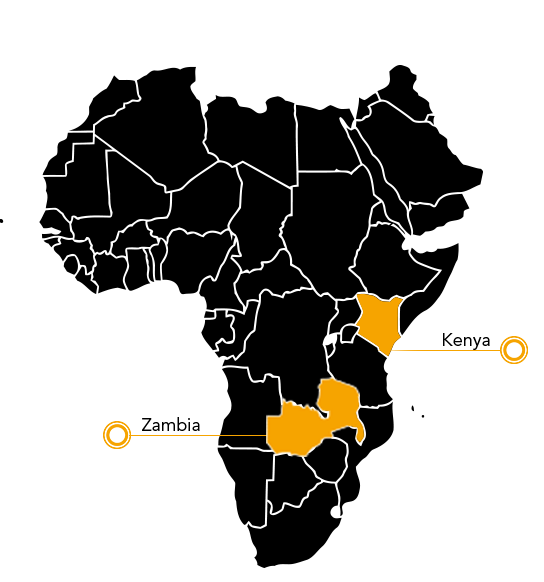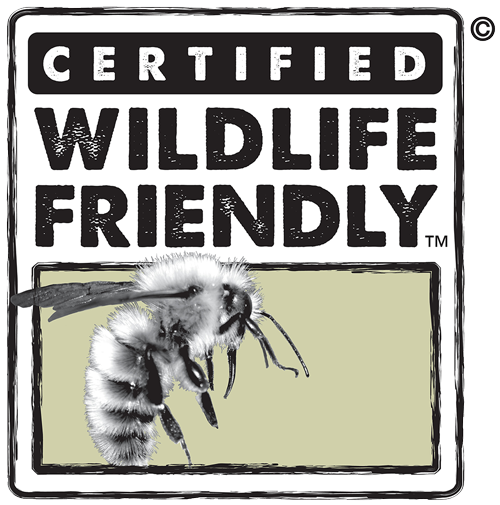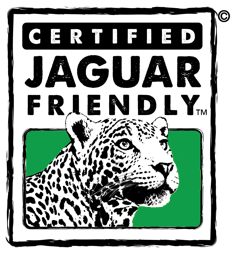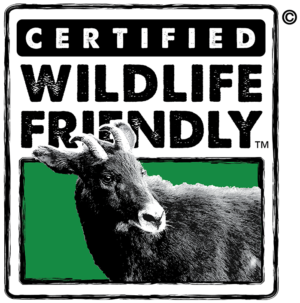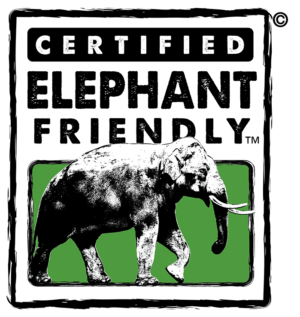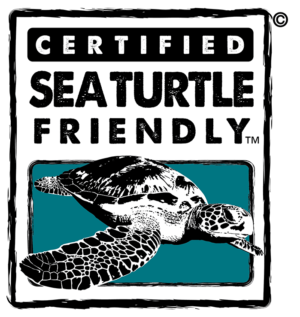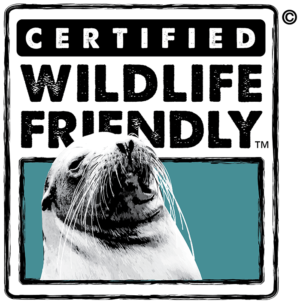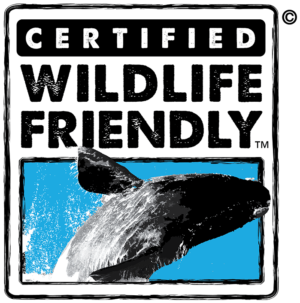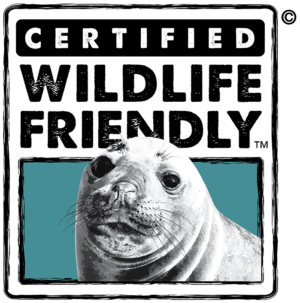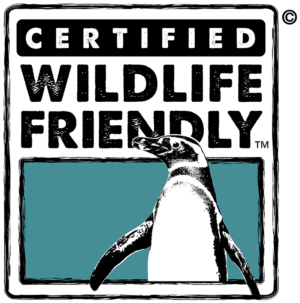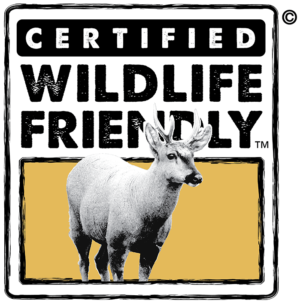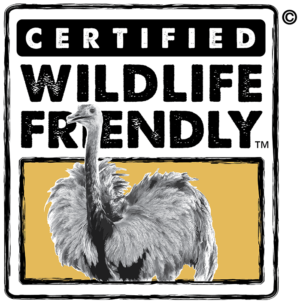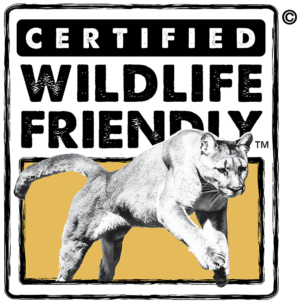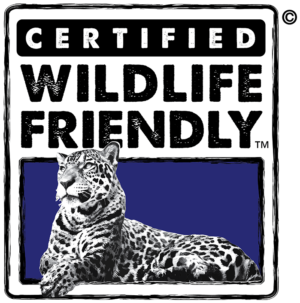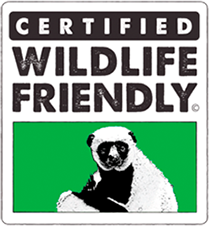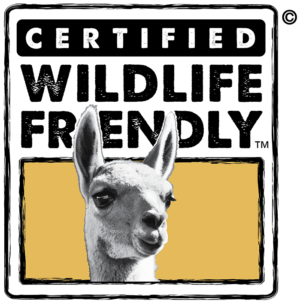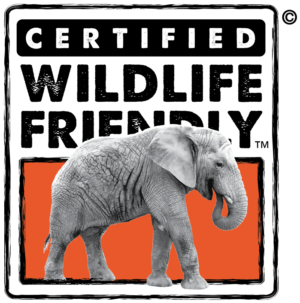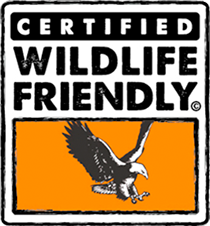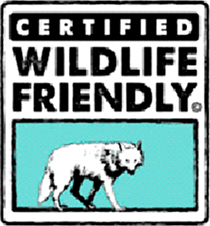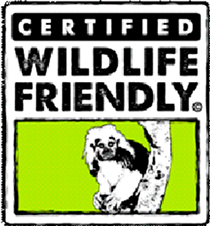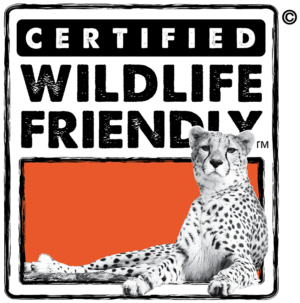Rukinga, Kenya
The Conflict
Lack of Jobs & Poaching
In rural areas far from the forces of urban job creation, families often turn to poaching wildlife in order to feed themselves. In addition conflicts with livestock and large predators like lions leads to retaliatory killings.
The Solution
Wildlife Works rangers work side by side with Kenya Wildlife Service (KWS) rangers who are armed, trained in combat, and who are permanently stationed on the Rukinga Wildlife Sanctuary to find and apprehend poachers.
Lions also need habitat – a place to live. Wildlife Works is the world’s leading REDD+ (Reducing Emissions from Deforestation and Degradation) project development and management company with an effective approach to applying innovative market based solutions to the conservation of biodiversity. REDD+ was originated by the United Nations (UN) to help stop the destruction of the world’s forests.
Job creation is the essence of the Wildlife Works REDD+ conservation strategy. Jobs include conservation rangers, factory workers, horticulturalists, machinists, seamstresses, foresters, carpenters, construction workers, drivers, mechanics and administrative personnel. Wildlife Works also finances the development of small businesses such as an eco-clothing factory, and sustainable charcoal production and distribution.
Wildlife Works’ ground-breaking REDD+ initiative protects over 500,000 acres of highly threatened Kenyan forest, securing the entire wildlife migration corridor between Tsavo East and Tsavo West National Parks, and brings benefitto more than 100,000 people in surrounding communities.
The Kasigau Corridor REDD+ project was awarded the additional distinction of Gold level status by the Climate, Community and Biodiversity Alliance (CCBA) for exceptional biodiversity and climate benefits. The project area is home to a fantastic diversity of over 50 species of large mammals, more than 20 species of bats and over 300 species of birds. Important populations of IUCN Red List species includeLions, Grevy’s Zebra, Cheetahs, African Wild Dog,and over 2000 African elephants.
The Conservation Enterprise
At Wildlife Works, the mission is clear: Provide people in wildlife-rich areas with sustainable economic alternatives to poaching and deforestation. When you buy a Wildlife Works product, you become an agent for conservation, and are wearing the brand that says you won’t sit quietly while the last wild things in the last wild places disappear forever.
Shop Wildlife Works products here.
Masai Mara, Kenya
The Conflict
No hunting is legal in Kenya. However, poaching, including hunting for bushmeat—the only meat some families can access—kills tens of thousands of animals each year. Illegal snaring is indiscriminate, killing lion, hippo, elephant,leopard, cheetah, giraffe, antelope, wildebeest, zebra and baboon.
While the primary income of the Masai is from tourists who come to view wildlife, predation on Masai livestock by lion and leopard sometimes also leads to retaliatory killing by herdsmen.
The Solution
The Anne K. Taylor Fund works with the authorities in the Masai Mara National Reserve to help control bushmeat poaching and conducts community education programs on the importance of saving wildlife. Participants in the Fund’s micro-finance project enterprises play an active role in educating peers and discouraging poaching in their communities.
The Conservation Enterprise
A group of Masaiwomengathered through the micro-finance project bead beautiful and sophisticated Certified Wildlife Friendly™ bracelets and other beaded products, with 100% of profits returned to jewelry-makers.
With initial profits, the women invested in a maize-grinding machine to make maize-meal, their staple food. They now lease the machine to other members of the community, ensuring a steady income.
Microenterprise members have also their proceeds to build a small shop to supply basic necessities to outlying communities. Such activities help reinforce the tie between wildlife conservation and human well-being.
To inquire about purchasing Certified Wildlife Friendly™ beaded products please contact: info@aktaylor.com or 406 294 9430.
Zambia
The Conflict
Lack of Jobs & Poaching
In the Luangwa Valley of Zambia, people discovered that using snares to kill wild animals was a good substitute for farming. Thousands of animals were killed annually, often slow and agonizing deaths, strangled and cut by steel wire. Such exotic and charismatic species as the elephant, lion, wild dog, kudu and roan were vulnerable to this horrific fate as snaring replaced farming. In 2001, we conservatively estimated that between 4000 to 8000 farmers resorted to setting snares and illegal hunting (poaching) to feed and support their families. Those poaching households with firearms earned 2 to 3 times the annual income of non-hunting families ($80 yearly) in the Luangwa Valley.
The Solution
COMACO (Community Markets for Conservation) works with over 61,000 Zambian farmers across over 70,000 sq.km of the Luangwa Valley, and encompassing communal lands for 63 chiefdoms that surround five national parks to provide a solution so humans and wildlife can coexist. This revolutionary approach that uses rural-based markets and conservation farming techniques marketed under under the It’s Wild brand. COMACO provides farmers with higher prices and access to markets in exchange for abandoning poaching, and adopting specific land use practices to maintain soil fertility, choose crops that help reduce conflicts with wildlife, and commit to stop wildlife snaring or illegal hunting. All proceeds from sales are reinvested in efforts to achieve food security, increased rural income, and improved natural resource management. It’s Wild products have been sold to Walmart, General Mills and the World Food Program and regionally across Zambian retail outlets.
The Conservation Enterprises
Certified products include rice, a soy protein supplement, peanut butter, and honey – which are marketed locally and regionally – and Snarewear, jewelry crafted from snares confiscated by local farmers to protect wildlife and available to consumers globally. Consumers who buy It`s Wild! products contribute directly to the conservation of and to the welfare of small-scale farmers.
- It’s Wild and COMACO websites
- Tel: In Zambia call +260 6480 074
- Email: sales@itswild.org


